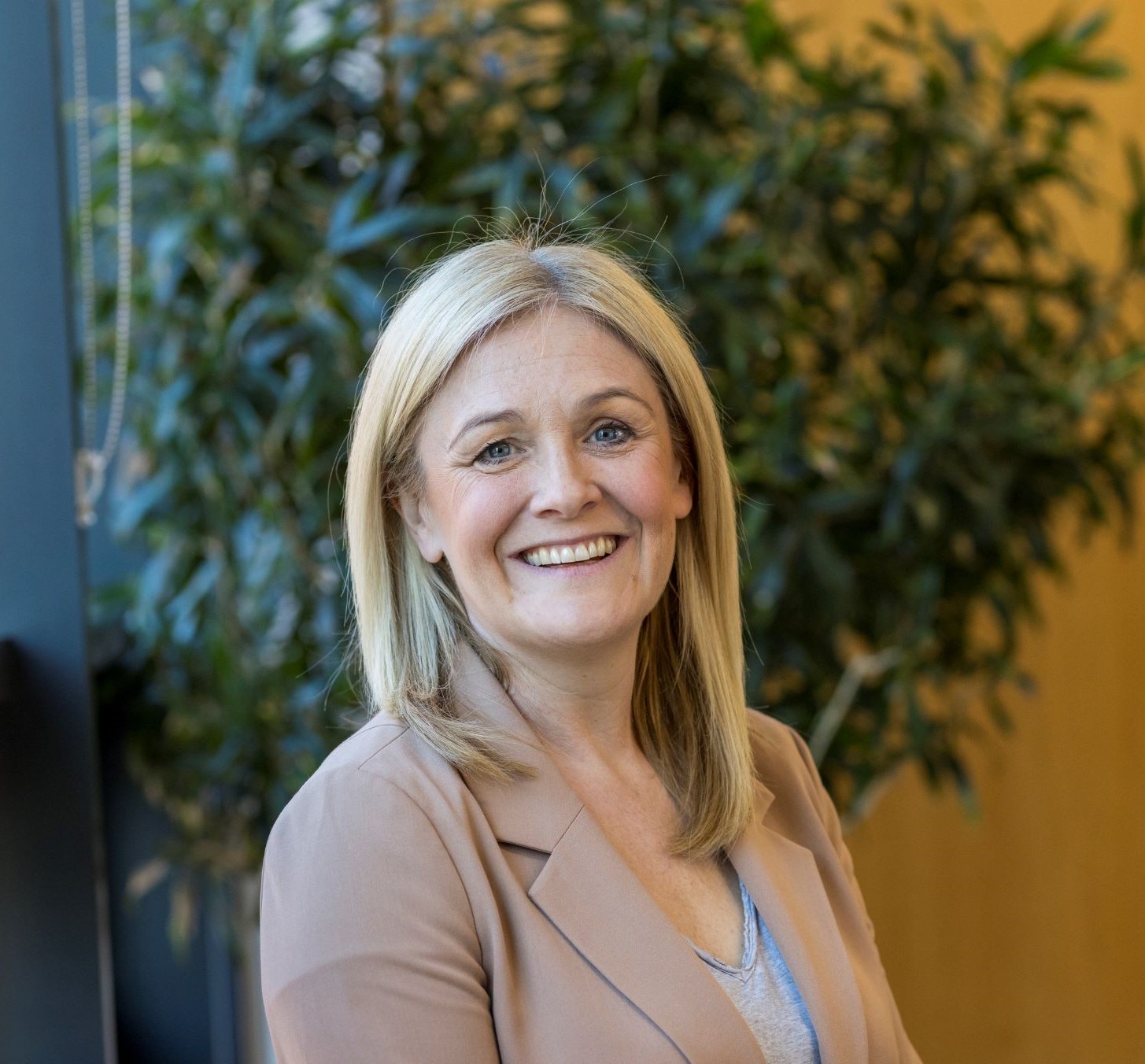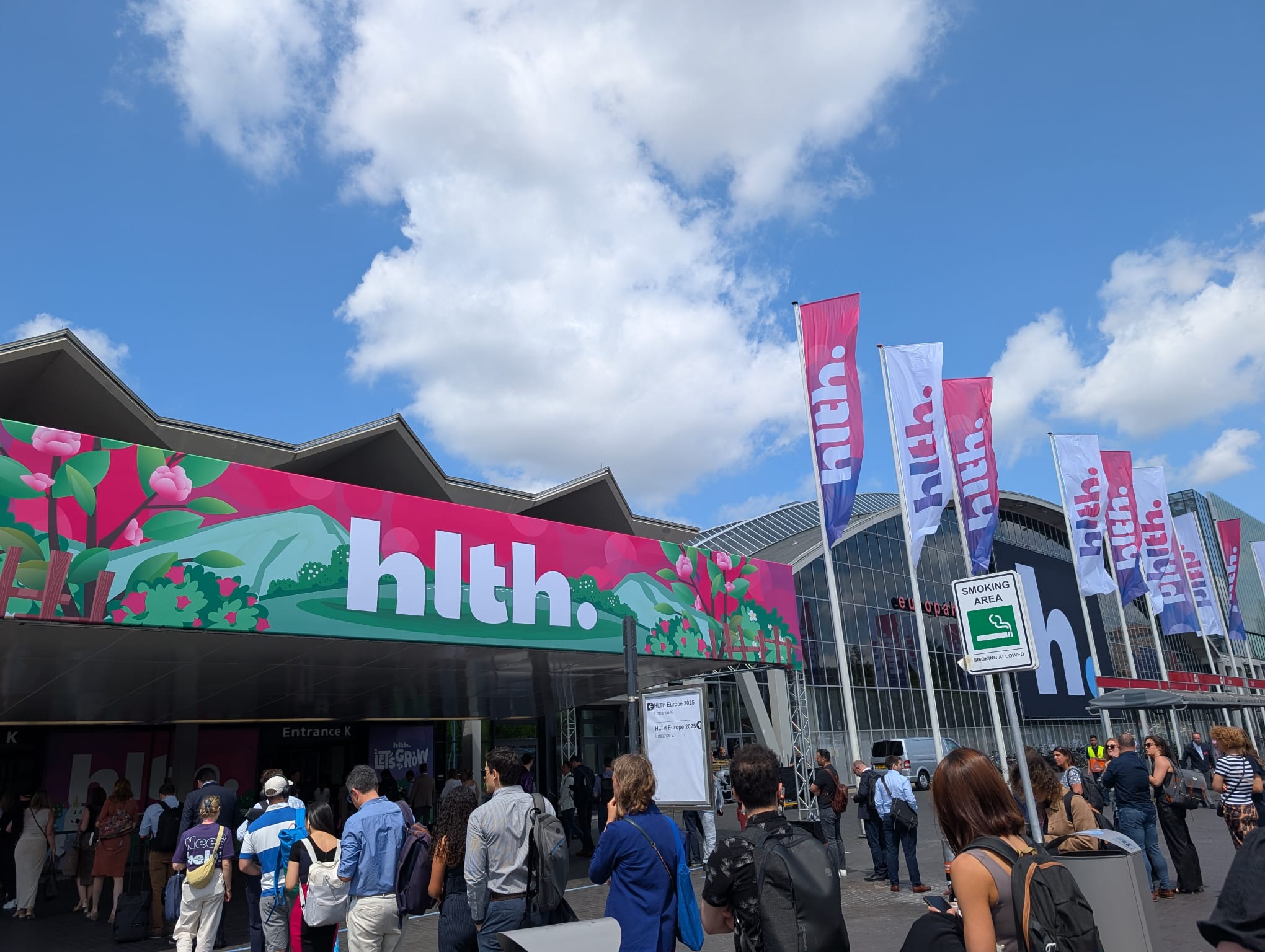Researchers working to discover how COVID-19 has affected our local population
The region’s researchers have come together to share their knowledge and learnings of the effect of COVID-19 on local people.
A series of studies are taking place across our Higher Education Institutes (HEIs) to understand how the pandemic and subsequent lockdowns have affected the population.
Researchers from the University of Liverpool, Liverpool John Moores University, Edge Hill University and the Liverpool School of Tropical Medicine are exploring a wide range of issues that have arisen since the virus outbreak started.
The research examines the impact of COVID-19 on everything from access to mental health services, the work of voluntary organisations, to fake news and the importance of culture and the arts for mental health. There are also studies looking into how the pandemic and lockdowns have impacted the economy of the Liverpool City Region.
Other studies have examined the effect on violence against women and children, cyber stalking, modern slavery, mental health in deprived neighbourhoods, and whether or not lockdown had a negative impact on people’s wellbeing.
There has also been a focus on healthcare workers including respiratory nurses and ambulance staff as well as the impact on maternity care and paediatrics and the move to telehealth.
There are more than 30 studies taking place in total and the group is being supported by a variety of staff from University of Liverpool and Liverpool Health Partners’ Starting Well programme.
Dr Carianne Hunt, Starting Well Programme Manager, said: “The COVID-19 pandemic and associated lockdowns have impacted so many. Not only suffering high levels of infection and sadly deaths, Cheshire and Merseyside residents have endured a wide range of devastating and potential long term effects on their way of life.
“The pandemic has highlighted many healthcare disparities all over the world. Unfortunately, we know domestically that it has exacerbated existing health and social inequalities for many. This research is so important as it helps us to learn from these experiences and build a better future for our region.”
Find out more here.




